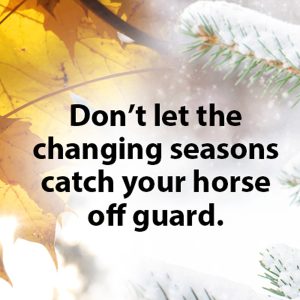
300
View Article
As the seasons change, so do the quality and content of your horse’s feeding program. Winterizing your horse with Kentucky Performance Products supplements can help him cope with the stress of the changing seasons.
» View Article
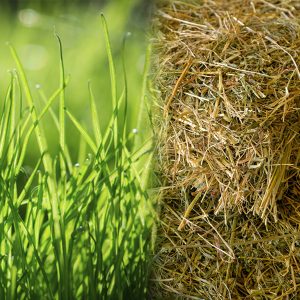
700
View Article
Switching a horse from fresh pasture to dried hay can lead to digestive upset and colic. Making the switch slowly...
» View Article
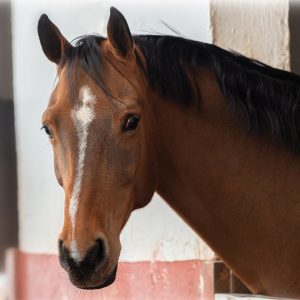
1,000
View Article
Research Update: high protein spikes insulin in horses with EMS/ID When it comes to developing a diet for horses with...
» View Article

236
View Article
Equine behaviorists recently determined that horses are not only able recognize the people they know, but they can match a...
» View Article
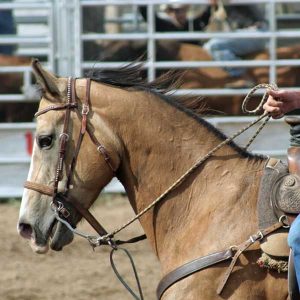
248
View Article
Electrolytes perform critical functions within your horse’s body. They help regulate nerve and muscle functions by carrying electrical impulses between...
» View Article

52
View Video
Horses with a busy lifestyle are at high risk for digestive upset. Limited grazing, larger grain meals, and frequent traveling...
» View Video
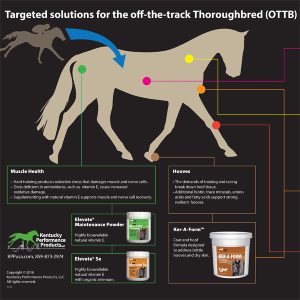
200
View Article
Transitioning an off-the-track Thoroughbred (OTTB) to a new career can result in a host of nutritional challenges. Trying to determine which supplements will best suit your OTTB may be confusing. Let’s break down the process and look at some of the challenges.
» View Article
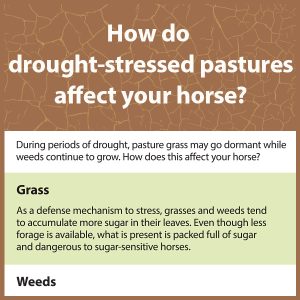
700
View Article
During periods of drought, pasture grass may go dormant while weeds continue to grow. How does this affect your horse?
» View Article
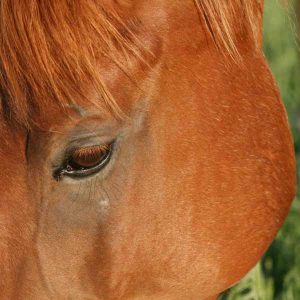
640
View Article
Fifty to 75 percent of the horses that contract tetanus will die, no matter what treatment is administered. Luckily, due...
» View Article
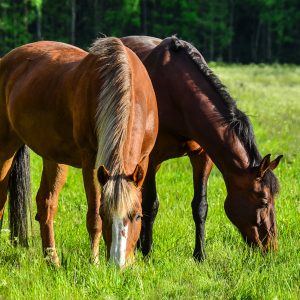
1,000
View Article
What is considered limited turnout and how does it impact a horse’s feeding program? Continuous grazing is defined as access...
» View Article
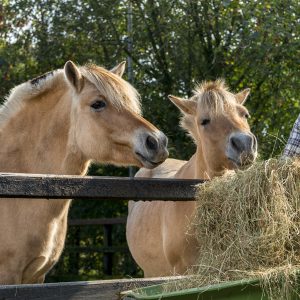
900
View Article
Depending on where you live, it can be very hard to find hay that is low enough in sugar to...
» View Article
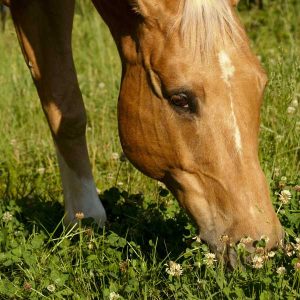
557
View Article
The protein levels in hay and pasture vary greatly depending on species of plant, stage of growth, and time of...
» View Article
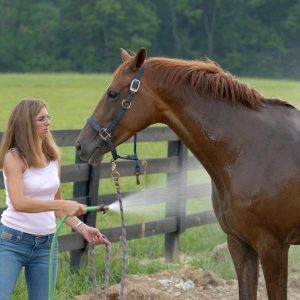
819
View Article
What is heat stroke and how do you recognize it? Heat stroke occurs when you horse’s natural cooling mechanisms fail...
» View Article
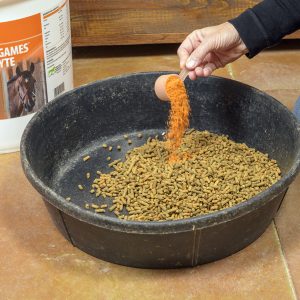
200
View Article
Let's face it: supplements can be expensive, especially the good ones that really work.
It is easy to fall into the trap of feeding less than the recommended amount or letting your supply run out from time to time, but in the long run those tactics just waste money.
» View Article
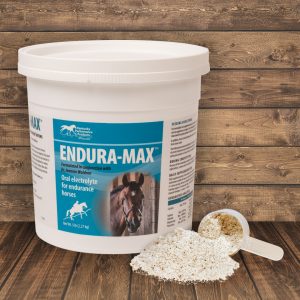
400
View Article
Why does my endurance horse need electrolytes in the first place? Electrolytes perform critical functions in the horse’s body. Most...
» View Article

2,500
View Article
To ride or not to ride, that is the question. Temperature alone is not a good guide when it comes...
» View Article
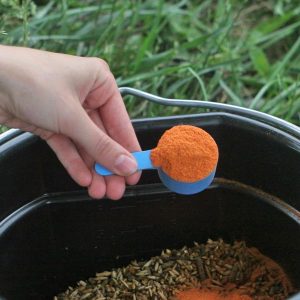
1,796
View Article
What are electrolytes? Imagine you are riding your horse on a hot summer day. If you do more than walk,...
» View Article
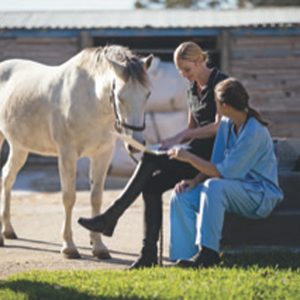
1,900
View Article
When should I test my horse’s vitamin E levels? If you are seeing any of the following signs of vitamin...
» View Article
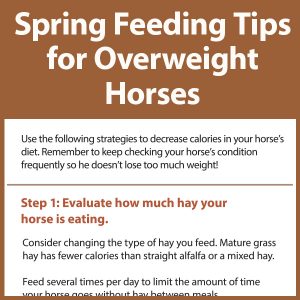
600
View Article
Use the following strategies to decrease calories in your horse’s diet. Remember to keep checking your horse’s condition frequently so he doesn’t lose too much weight!
» View Article
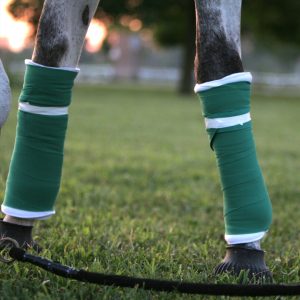
1,458
View Article
Allergens from feed, bedding or the environment (dust, mold, pollen) can lead to systemic inflammation that causes fluid to leak...
» View Article
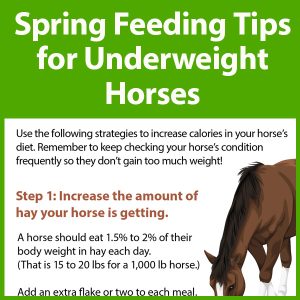
300
View Article
Use the following strategies to increase calories in your horse’s diet. Remember to keep checking your horse’s condition frequently so they don’t gain too much weight!
» View Article
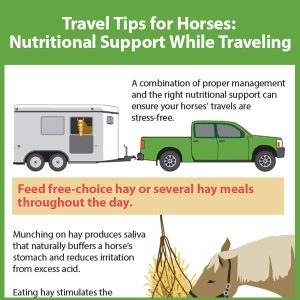
622
View Article
Travel Tips for Horses- Part 2: Nutritional Support While Traveling
» View Article
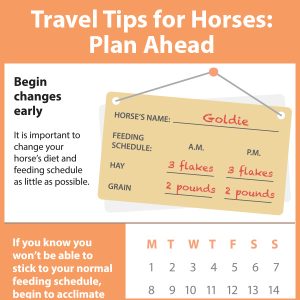
735
View Article
Travel Tips for Horses- Part 1: Plan Ahead
» View Article
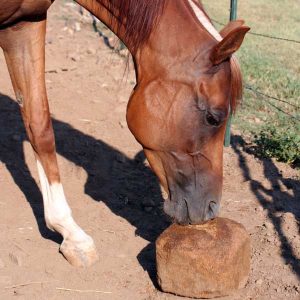
1,113
View Article
Where you put your salt block in the pasture makes a difference. Research in Alberta, Canada, showed that where you...
» View Article

























